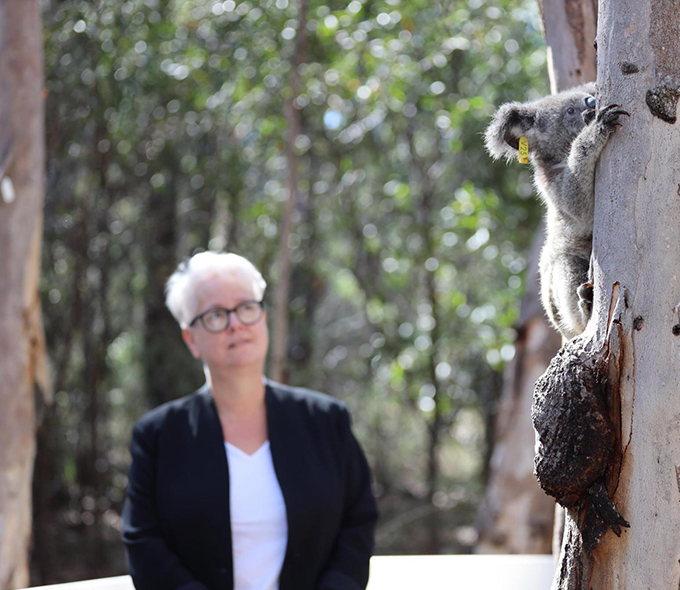Health Minister Mark Butler has announced that the federal government will invest over $700,000 to support the development of a potential new treatment that targets a type of childhood brain cancer with no known cure or treatment options.
The cancer is known as diffuse intrinsic pontine glioma (DIPG). Dr Fatima Valdes Mora and a University of New South Wales team will be funded to develop the research through the National Health and Medical Research Council’s (NHMRC) Ideas Grant scheme.
DIPG is a type of malignant brain tumour that forms in the brainstem, impacting the function of nerves that control muscles and the sensation of the face. It is one of the most aggressive of all childhood cancers.
More than 80 per cent of patients diagnosed with DIPG carry the same genetic mutation that makes the cancer cells more aggressive.
Clinical outcomes have not improved in over 50 years, and more than 250 clinical trials have failed.
Dr Valdes Mora is developing a new treatment that targets this disease-causing genetic mutation commonly found in patients with DIPG. The therapy will aim to reverse the molecular changes that make DIPG challenging to treat.
“DIPG is one of the most aggressive childhood brain cancers. Research to develop effective treatments is desperately needed,” said Minister Butler.
“This innovative strategy for treating DIPG holds great promise, and could spark hope of better clinical outcomes for children and their families.”
“DIPG is a type of paediatric brain cancer with no cure and no treatment options,” said Dr Mora.
“Even though the main genetic cause of DIPG (a mutation called H3K27M) has been known since 2012, the survival rate for DIPG patients hasn’t improved over the last 50 years, due to the inability to target the mutation directly.
“Our goal is to identify specific DNA regions related to H3K27M that cause DIPG to simultaneously and specifically target them using advanced systems and technologies.
“This project stands out by bringing together a diverse team of national and international researchers to create a new type of therapy to treat DIPG based on the Nobel Prize-winning CRISPR/Cas technology in a way that no-one has attempted before,” added Dr Mora.







